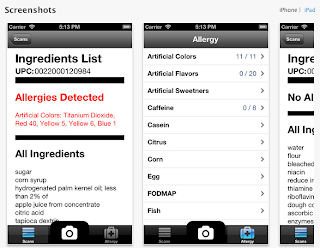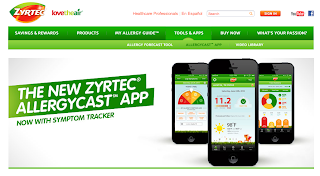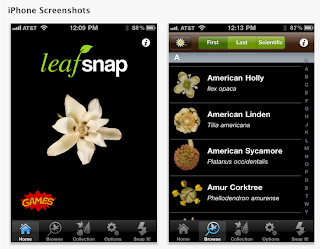Fall has officially kicked
in. Halloween has come and gone, but that means that Thanksgiving, Chanakuah,
Christmas and New Years are all around the corner.
To us, these holidays
represent good friends, family and of course food! But for someone with food
allergies, these food festive holidays can be daunting. Are you hosting a
Thanksgiving this year? Is anyone attending that has food allergies? Here are
six helpful tips to navigate your way through a successful Thanksgiving if you
are serving someone with food allergies:
- Make sure to ask your guests about any food allergies, sensitivities or intolerances ahead of time!
- If you aren’t sure about a particular ingredient based on your guests responses, make sure you ask them during your meal planning stage so you don’t waste time buying, prepping and cooking something that your guest can’t eat. They know better than you. So just ask!
- Check the labels of all ingredients even if you regularly use them. Many day-to-day ingredients have hidden allergens in them, for example gluten or soy. For example some chicken stocks and salted butter have gluten added.
- Something else to check the label for is cross contamination. Some products are made in factories that make other products, which may contain allergens. Be sure to check the label for any cross contamination verbiage like, “may contain” even though the ingredient isn’t listed among the ingredients.
- When you serve your meal, make sure to identify dishes that your food allergy guests SHOULD NOT EAT. And, maybe move them away from the other food so that no cross contamination occurs on accident. It’s ok to have some dishes that they might not be able to eat, just make sure it’s labeled properly.
- Cross contamination is a real threat. Be sure to use separate serving dishes and serving spoons for each dish, especially for those that you are making specifically allergen-free.
 |
If you have any other
questions about food allergies or want more solutions on how to go about
preparing a food allergy friendly Thanksgiving meal, don’t hesitate to reach
out to us. We are here to help! Feel free to give us a call at 212-729-1283 or
email us at info@hudsonallergy.com
Also, if you
are looking for a good resource for allergen-free Thanksgiving recipes and
ideas, check out the Food Your Way:
Intentional & Creative Living blog post titled, Allergen-Free
Dishes for Thanksgiving Dinner for a list of great allergen free recipes.







